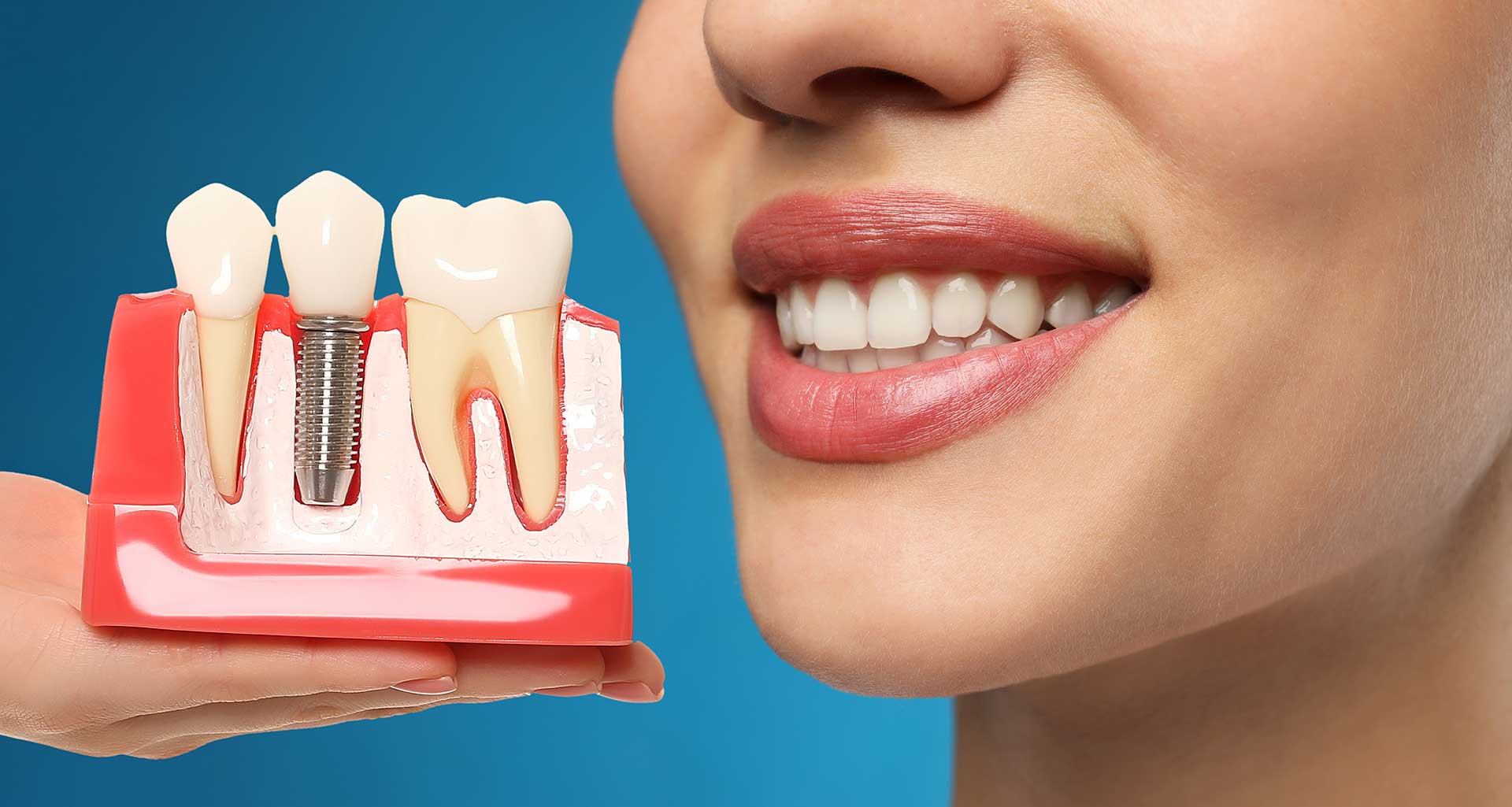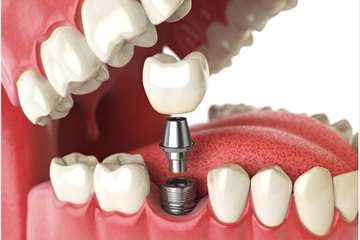Advantages and Disadvantages of Korean Implants

Advantages and Disadvantages of Korean Implants
Dental implants can significantly improve the quality of life and health of an individual who needs them. This article will highlight some of the advantages and disadvantages of dental implants. If you are considering Korean implants, you can contact us through this site to schedule a free dental consultation or continue reading for more information.
History of Korean Implants
In the 1980s, the industry in South Korea was actively developing, including the pharmaceutical and electronics industries, which contributed to the development of medical equipment production. During this time, dental implants began to develop in Korea. The market leaders in Korean implants are Dentium and Osstem.
Osstem was the first company to start producing systems for dental reconstruction in 1993. Additionally, other companies began exporting these products to other countries in the 1990s and after 2000. Today, the Iranian market is filled with Korean implants, and their use is preferred by doctors.
Over the past 20 years, Korean brands have gained a good reputation, becoming reliable manufacturers whose products are of high quality. The following models are in high demand among implantologists:
- Dentium: This company produces products in Korea and the United States. Its range includes products from various price segments (from low to premium). The implants are of high quality with a good survival rate and low risk of complications, making their installation safe and effective.
- Osstem: One of the most popular dental prosthetics brands in the world. The company produces premium global models characterized by an ultra-rough coating that accelerates survival. The Korean implant reduces the risk of damage during implantation, and its conical shape helps compact the surrounding bone tissue, increasing its survival and durability. Classic and mini models are available for removable prosthetics.
- DIO: An economical option suitable for immediate and two-stage classic implantation. Its microporous surface creates strong adhesion to the bone. Their range includes classic models distinguished by carvings and designs for anterior prosthetics.
- NeoBiotech: A company producing some of the most high-quality and durable dental implants. Their main features include high initial stability and conical fixation.
- AnyOne: A unique Korean manufacturer producing durable and long-lasting products.
Advantages of Korean Implants
- Price: Korean implants belong to the mid-range and affordable price segments. Anyone can purchase such a replacement for a lost natural tooth. Korean products compete with German and Chinese products in the Iranian market. They are cheaper than German implants but more expensive than Chinese ones.
- Longevity and Durability: Korean implants last about 10-15 years. With proper oral hygiene, their lifespan can exceed 20 years.
- Product Quality: Korean implants are made of high-quality materials with suitable designs, enhancing the lifespan and durability of the implants.
- Unique Design: Korean implants feature unique designs and are made from the best materials in terms of construction quality.
- Compliance with International Standards: Korean implants are manufactured according to international standards.
- Variety: Korean implants come in various sizes, shapes, and materials, with different companies producing these products. Without a doubt, after Germany and the USA, Korea is one of the largest exporters of implants in the world.
Disadvantages of Korean Implants
Korean dental implants also have specific disadvantages. For example, some brands do not use suitable and pure titanium alloys. Another issue is the fusion with the bone. In some cases, the implants may not properly fuse with the bone and periodically detach. Although these problems are rare, they can occur.
Overall, the disadvantages of Korean implants are minimal compared to their advantages. Implantation of this type is suggested based on the patient’s jaw and oral condition. If you are considering affordable and cost-effective Korean implants, you can schedule a free dental consultation through the contact methods listed in the "Contact Us" section on this site.
Contraindications for Korean Implants
Contraindications for Korean implants include:
- Partial or complete edentulism.
- Intolerance to acrylics, which are part of removable structures.
- Certain diseases like bone tissue pathology, blood clotting disorders, or diseases associated with kidney, immune, and nervous system disorders.
- Pregnant and breastfeeding women.
If the patient has conditions listed under contraindications, it is better to avoid this method as these diseases reduce the implant’s durability.
Conclusion
This article covered the advantages and disadvantages of Korean implants. As noted, this product is one of the most popular dental implants in the world. They are easy to install and have long longevity and durability. If you are considering Korean implants, you can contact us through the methods listed in the "Contact Us" section on this site.


comment